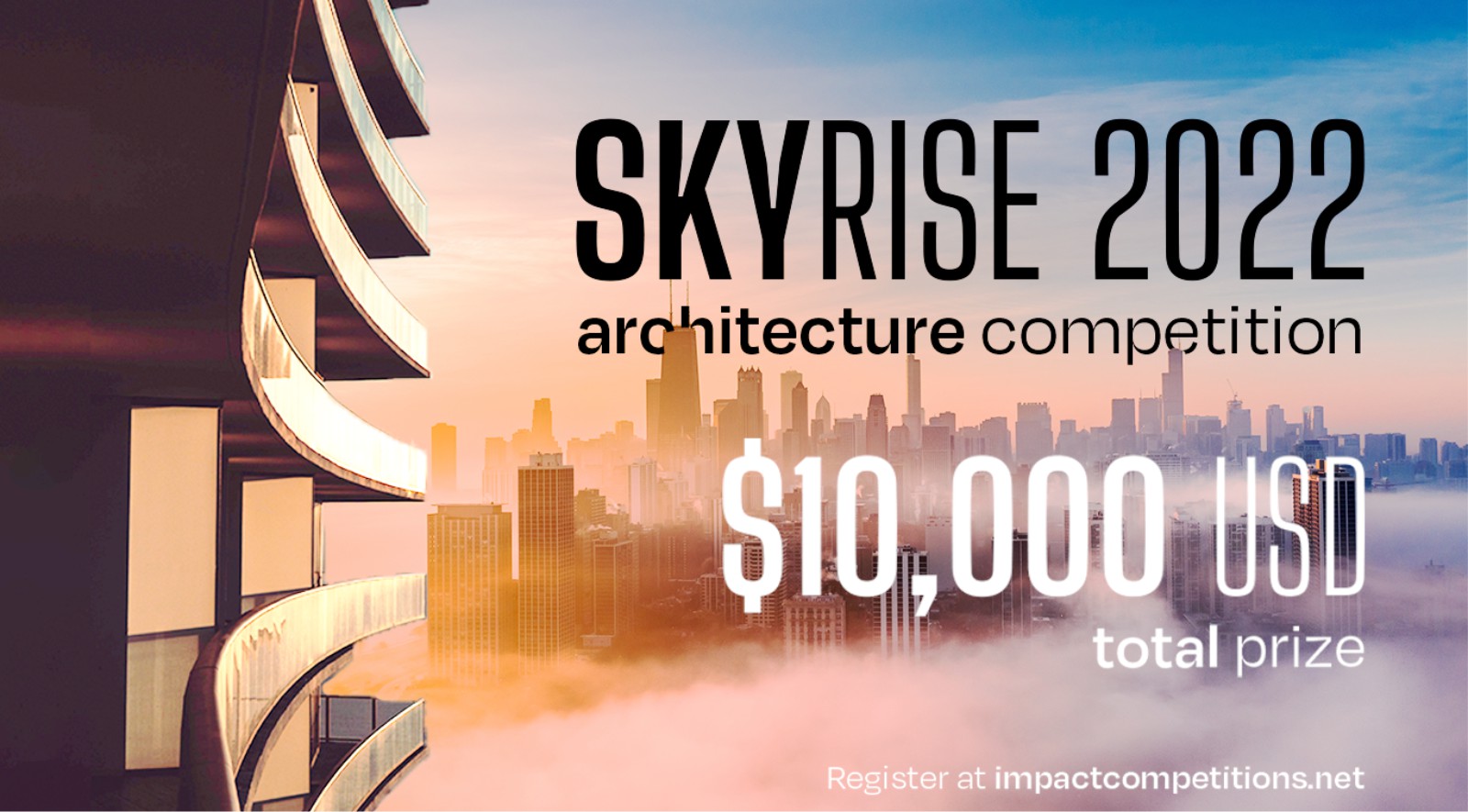From the Burj Khalifa to the Empire State building, skyscrapers have been rightly viewed as a strategy to engineer more sustainable cities by emphasizing compact urban spaces. The role of a modern-day skyscraper has been layered with multiple functions for its users along with the implementation of new innovative technologies to make the building safer, increased energy efficiency, greener, and at the same time with them take on new and exciting shapes.
With this, we have been presented the opportunity today to reinvent the skyscrapers in the relation to their context, community, and urban fabric. IMPACT Competitions invites participants to design an innovative and iconic skyscraper structure that has the impact of establishing itself as a landmark in its surroundings.
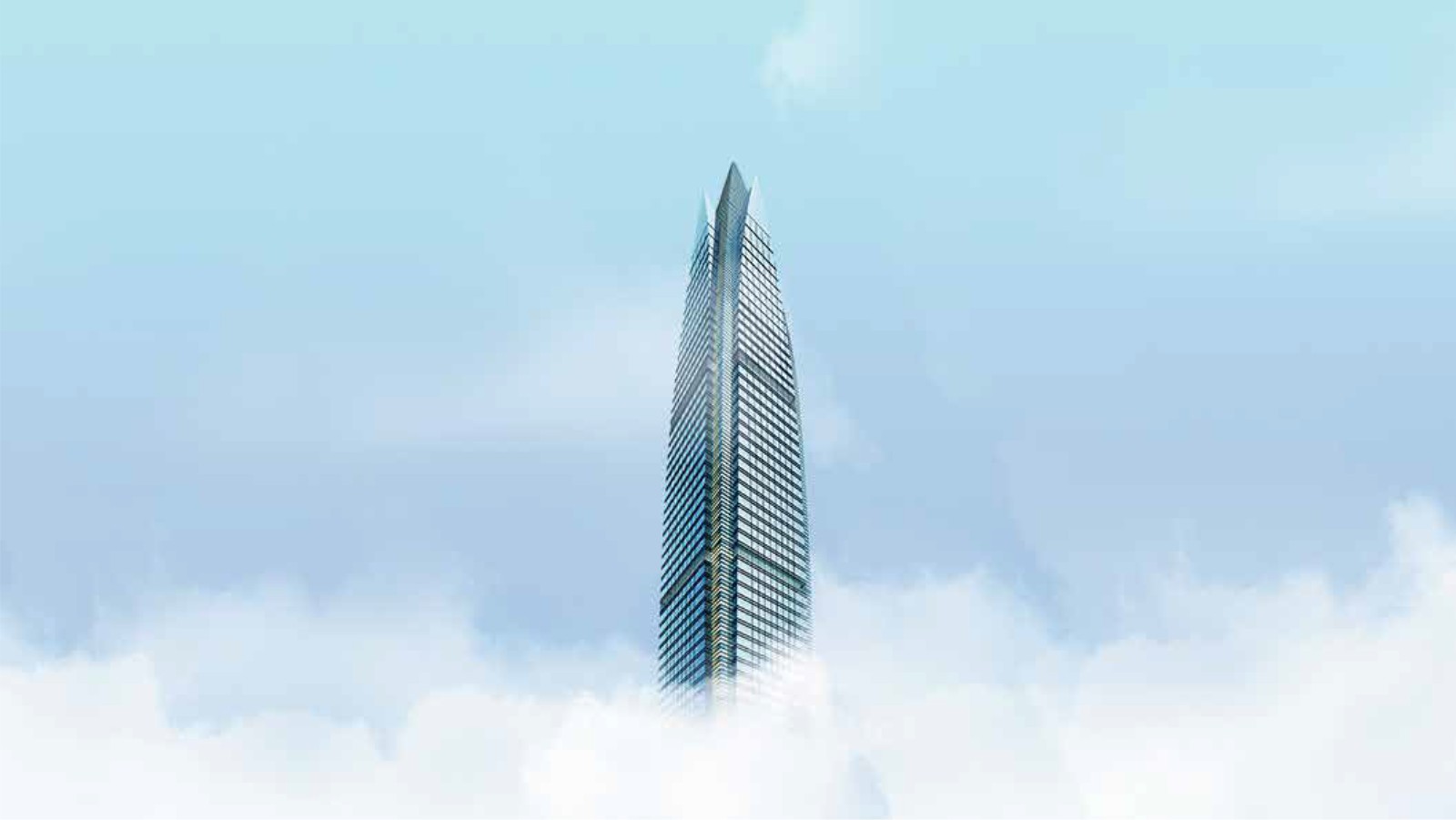
What is a Skyscraper?
The term “skyscraper” is often used when describing structures that are notable for their extreme height. To qualify as a “skyscraper”, a structure must be self-supporting and not require tension cables or supports in order to remain standing. A building must rise to a minimum height of 150 meters, which is widely accepted as the height at which a building is to be considered a skyscraper.
Opportunity
The role of a modern-day skyscraper has been layered with multiple functions for its users along with the implementation of new innovative technologies to make the building safer, increase energy efficiency, be greener, and at the same time with them take on new and exciting forms.
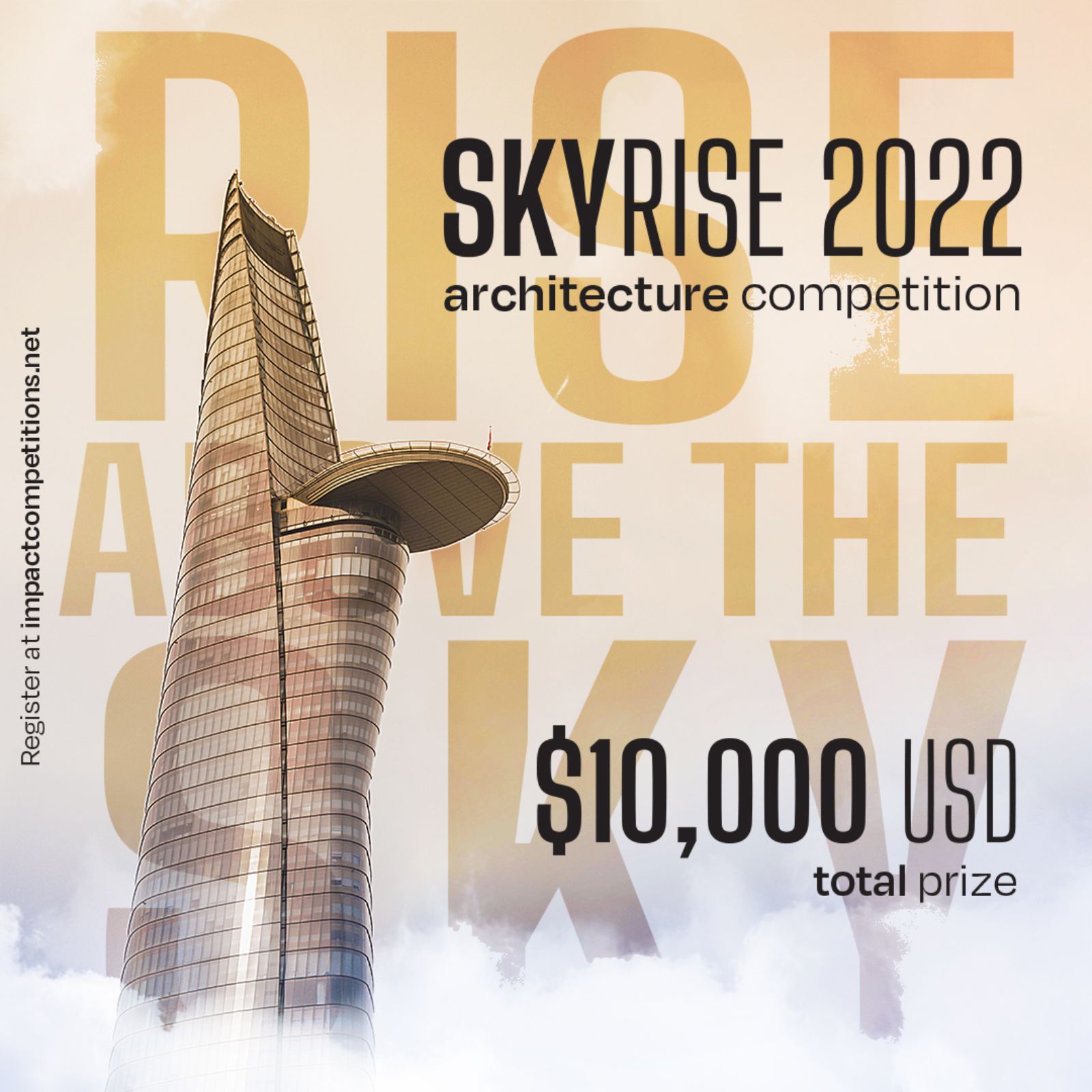
With this, we have been presented the opportunity today to reinvent the skyscrapers concerning their context, community, and urban fabric. The new age skyscrapers have a much wider role to play while taking optimum advantage of the vertical expansion, reducing urban sprawl, and thereby allowing better preservation of natural areas.
Challenge
Participants are to design a skyscraper building on a plot area of 12,000 sq. mt, with no limitation to height. Participants are encouraged to explore new technologies and building materials that can be incorporated into their designs. The proposed designs should exhibit unique aesthetics and a well-planned spatial organization.
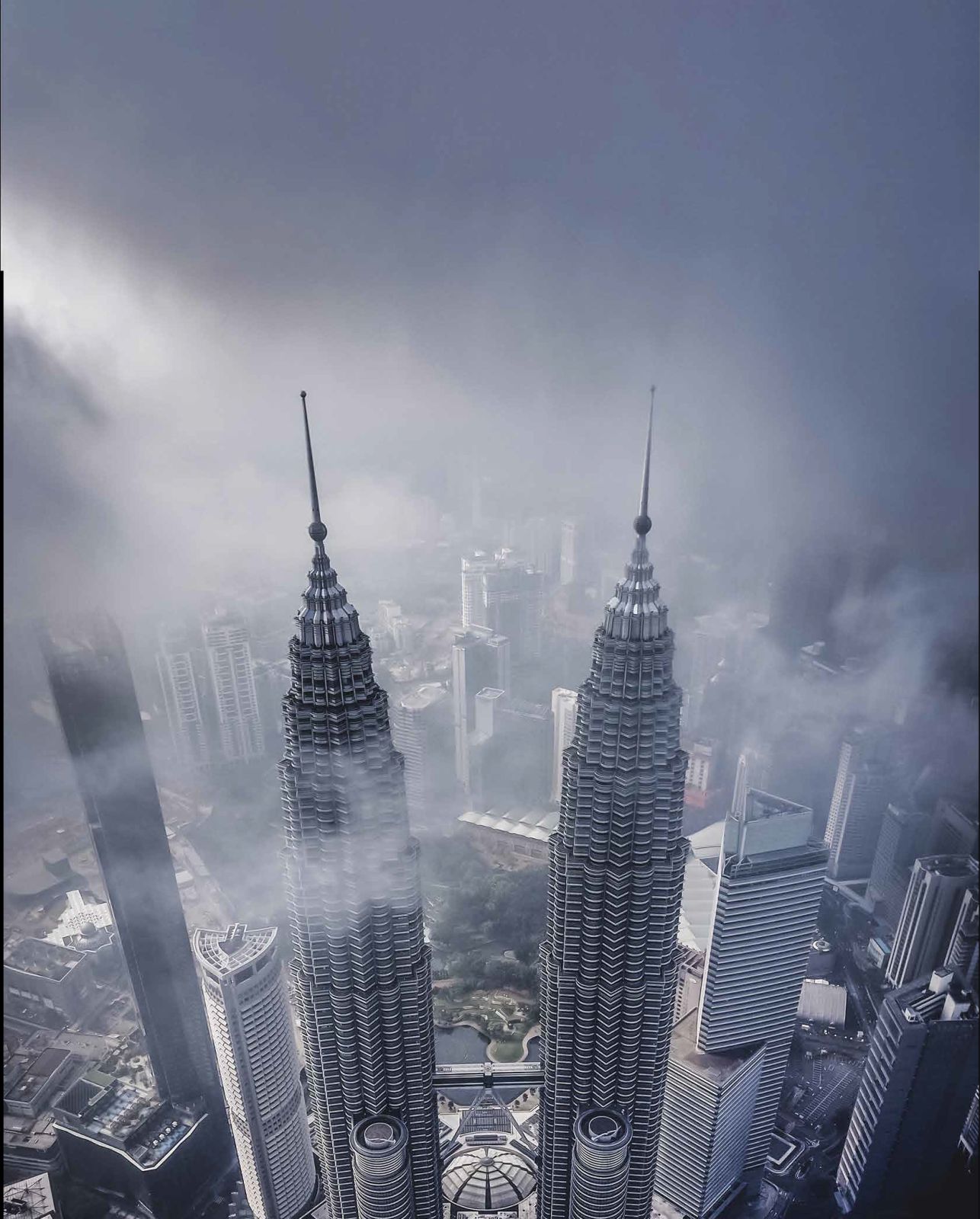
The participants are to consider, how the design will impact its context, as well as the overall spatial planning for the users, environment, and urban sprawl. Participants are free to set the program for the building. The skyscraper proposed must add value to the city in which it stands. With the notion to enhance the comfort of the individuals occupying the structure, participants can justify their designs concerning the surrounding infrastructure, socio-economic development, etc.
Program
Participants are free to select a program for the design of the skyscraper, with no height restrictions. The participants must justify the programs as per the need concerning the context of the site. The building must have functions that are habitable floor spaces.
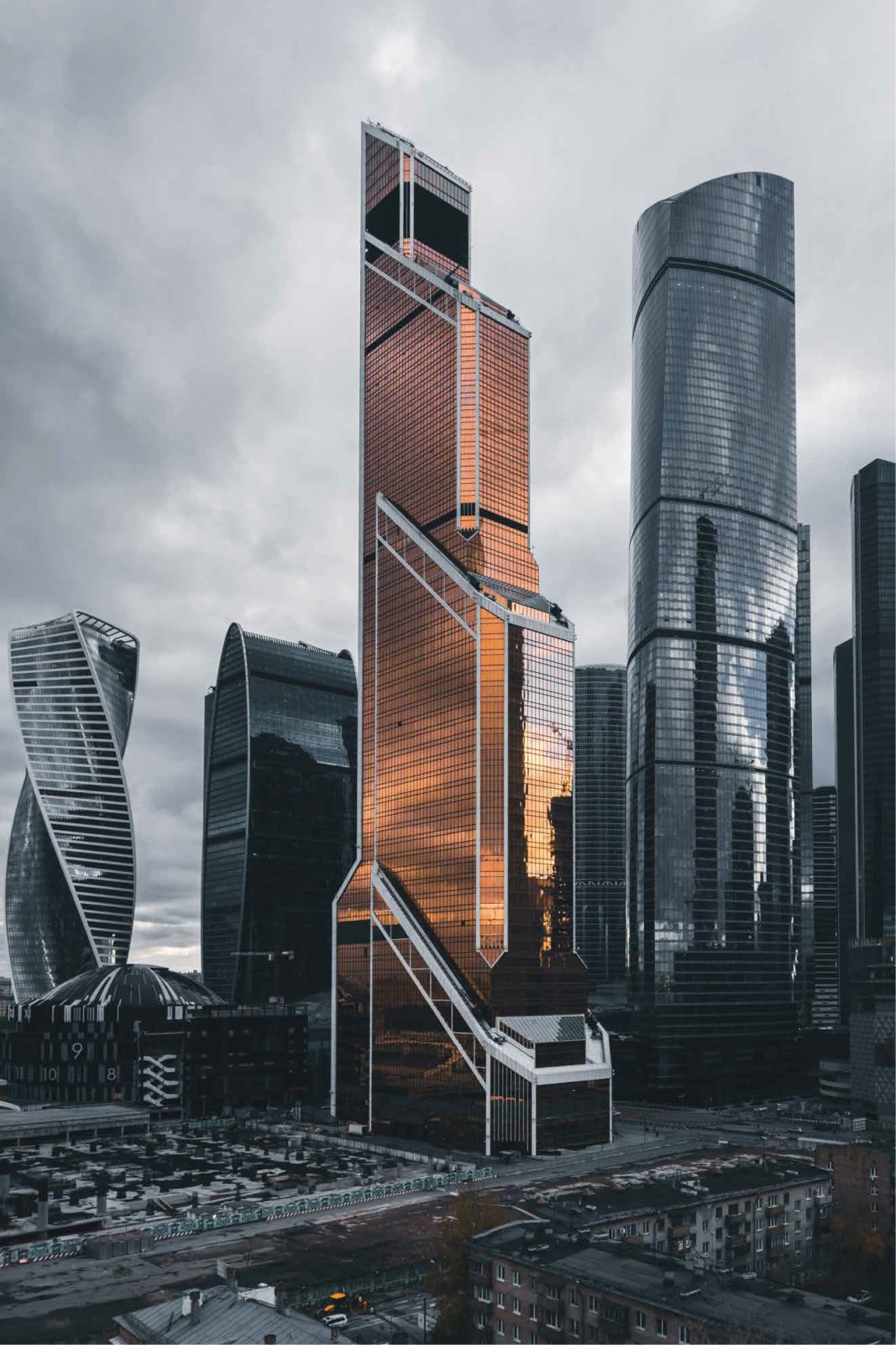
Apart from the main function that the participants have selected for the skyscraper (Residential/Commercial/Mixed-use/etc), the participants can add parking spaces, basement, circulations, service areas, and other ancillary spaces as per the requirements of the building. They are free to add any additional spaces that may be relevant to the design.
Site Selection
Participants can select a site located anywhere across the world. The total plot area of the selected site must not exceed 12000 sq. mt. The site selected should influence the design of the skyscraper. One must be able to relate to the built form concerning the surrounding context and the skyline. Source and images Courtesy of Imapact design competion.
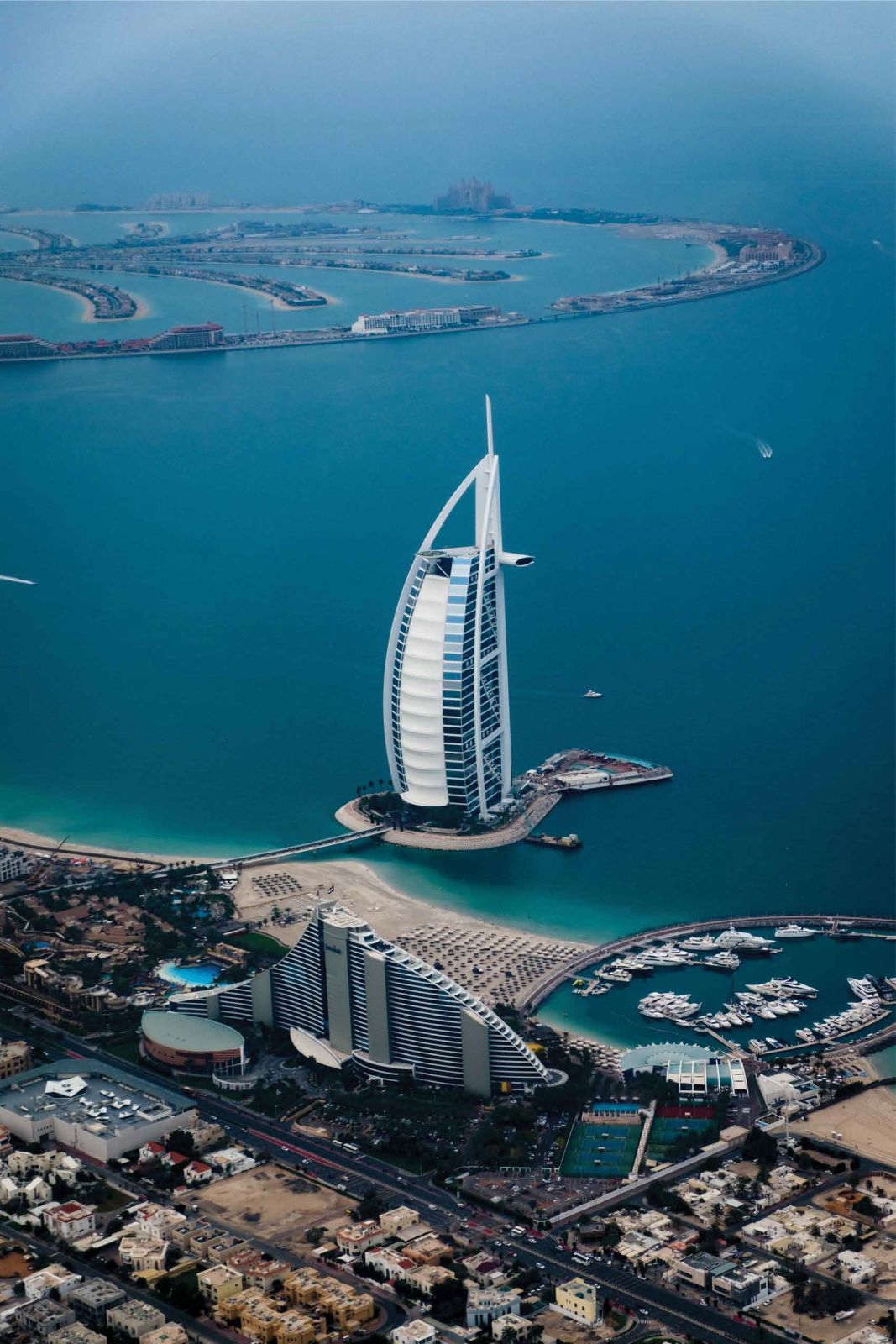
Awards
Prizes of total USD 10000, broken as follows.
1st prize USD 5000 + Certificate + Publication
2nd prize USD 2500 + Certificate + Publication
3rd prize USD 1500 + Certificate + Publication
1 Special Mention USD 500
1 Best Student Award USD 500
This Award is reserved for the best student work for the competition apart from the first 3 winners
10 Honourable mentions: Certificates
Winners and Honourable Mentions will be published on Impact Competitions website and several international architecture and design magazines.
To show our appreciation, all the participants would receive participation certificate.
Schedule
Early Bird Registration: 20th May 2022 – 14th July 2022
Standard Registration: 15 July 2022 – 18th August 2022
Late Registration: 19th August 2022- 29th August 2022
Last Day for Queries: 27th August 2022
Closing Date for Submission: 30th August 2022
Announcement of Winners: 3rd November 2022

